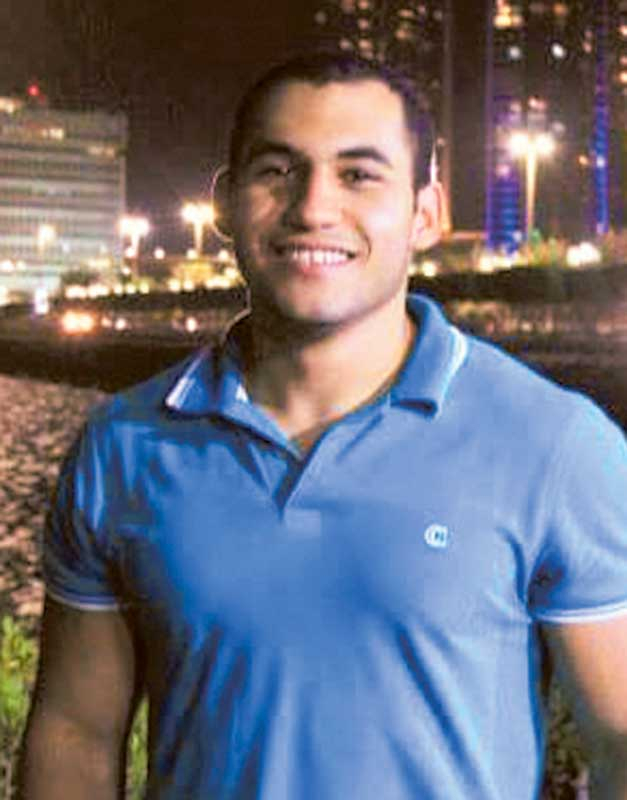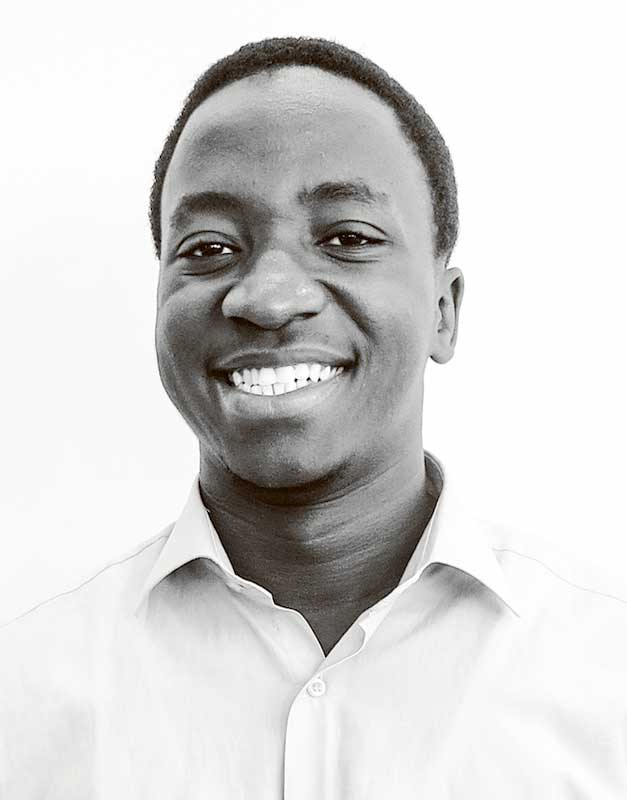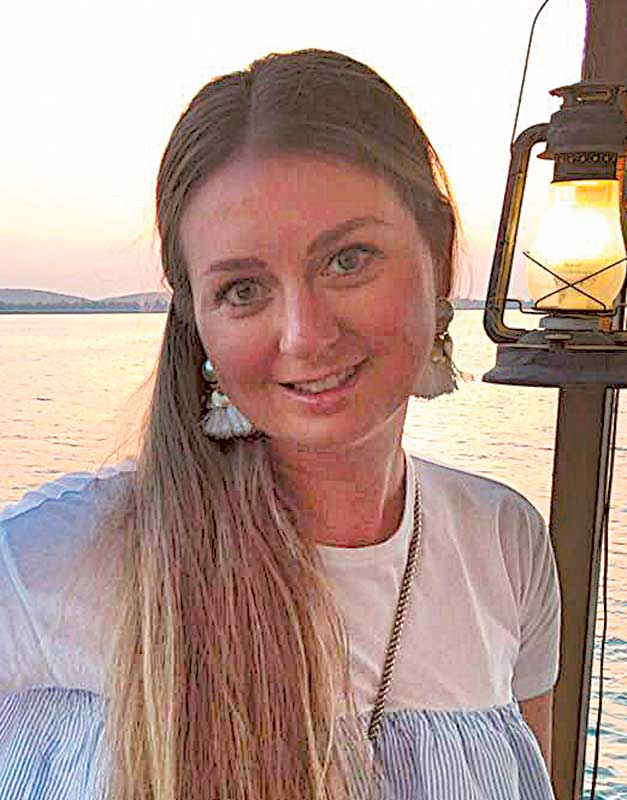Abu Dhabi/Dubai: For the international students studying in the UAE, their Ramadan experiences vary — for some, it is missing their mother’s home-cooked meals, while for others, it is the opportunity to experience something new.
“It is a totally different experience for me — from my daily cycle, to the food I eat, and the people I spend my time with,” said Ahmad Meshref, an Egyptian student currently studying at New York University Abu Dhabi.
“Back in Egypt during Ramadan, I would be with my family and, of course, I miss that experience and feeling, because it’s my family. I am not sad however [to be away from them] because this is also a new experience for me and I do enjoy that aspect,” he adds.
“The traditional meals are obviously different. Back home, my family would cook a variety of Egyptian dishes, whereas now I am mostly eating Indian and Pakistani food when I break my fast as they are the main dishes that are served in the dining hall at our campus grounds.
“I never really ate these traditional South Asian foods before, but I like them and so it has been good that I have been able to try something new and different this Ramadan.”
Meshref does, however, add that he longs for his mother’s cooking.
“Nothing compares to a home-cooked meal by mother,” he said.
Having summer courses has also added to the different experience.
“It is a challenge, but because our dorm is near the classes that makes it easier on us. My routine is to have the suhour meal with my classmates before the fasting begins, and then for the next day, I am fully focused on my classes and getting through the day. It is different when you have to prepare for exams and studies,” he said.
Alioune Fall, who is from Senegal and also studying at NYUAD, says that being away from home during Ramadan is not a big issue as he has spent most of his life abroad studying.
“I have been lucky to observe Ramadan in my home country of Senegal, and other countries like Mauritania, South Africa, and now the UAE.
“Regardless of the location, I see it personally as a unique occasion to attempt to transcend one’s self and to reconnect with our faith. It is a special month in which important aspects of cultural beauty of countries such as the UAE get the chance to truly radiate.”
Fall added that he sees no noticeable differences in how Ramadan is experienced in the UAE compared to Senegal.
“Senegal is a country with around 95 per cent of the population made up of Muslims. So like in the UAE, the month of Ramadan is something one can feel in the streets. Senegalese Muslims tend to be very generous during Ramadan and share a lot, like the generosity of the people in the UAE, which makes tremendous efforts as a country towards charitable giving during Ramadan.
“I may have moved so much that I am not fully aware of specific Senegalese traditions anymore. I do not think I observe any particular practice anymore that is specific only to Senegal, during Ramadan,” he added.
Like Meshref, Fall also believes that attending summer classes combined with fasting does present its challenges.
“I think we all experience some challenges when getting into our new schedules at the start of Ramadan. That has certainly been the case for me as I am taking my summer courses, and it involves a lot of reading and studying while I am fasting,” he said.
Noor Shahin, an American-Palestinian who studies at American University of Dubai, told Gulf News that this was her first chance to experience Ramadan in a Muslim country after growing up in San Francisco, US.
“I definitely appreciate the Ramadan experience far more now that I am in a Muslim country. I didn’t really know what to expect because I had heard differing views on what it’s like — with some saying it’s a difficult month because everywhere is closed during the day — but now that I have been able to see how it really is during Ramadan, I have enjoyed it,” she said.
“The communal bonding that happens during the month is one of the things that I love the most about the month. Everyone is inviting each other for iftar, and getting together, and it doesn’t matter what nationality you are.
“I also noticed that I personally give more to charity than I normally would,” she added.
Larissa Bukharina, who is from Kazakhstan, and studying at Paris-Sorbonne University Abu Dhabi, discussed how the month affects her as someone who is a Christian and not fasting.
“It is different during Ramadan, with the majority of restaurants closed, so I do have to adapt during this time, but it is no problem for me. If I want to eat, I can just eat in my home,” she said.
“During Ramadan I always ensure that I am respectful to the rules and customs of the country, even if I myself am not personally fasting. For example, it’s not that I just won’t eat or drink in front of people who are fasting, I also like to try and dress accordingly for the month — I will wear something that covers my shoulders and also not wear at-the-knees type of dress.”
Bukharina said that as an Orthodox Christian, she could relate with Muslims who are fasting.
“Every major religion and tradition has fasting [as a positive tradition] — including Orthodox Christianity, though the type of fasting might be different. But I do understand the meaning and concept behind it, therefore I can appreciate when Muslims are fasting and [understand] why they are doing it.”










